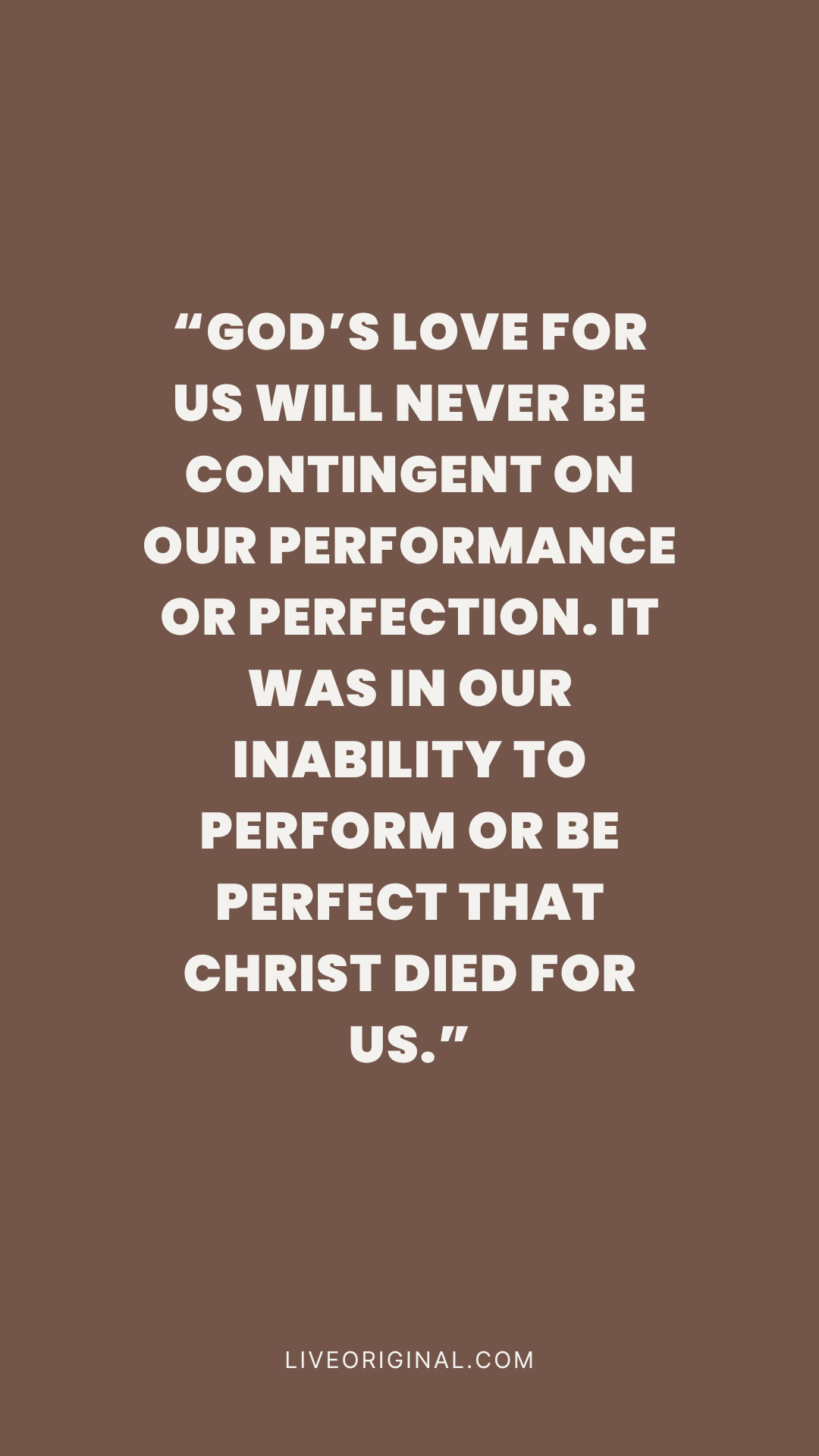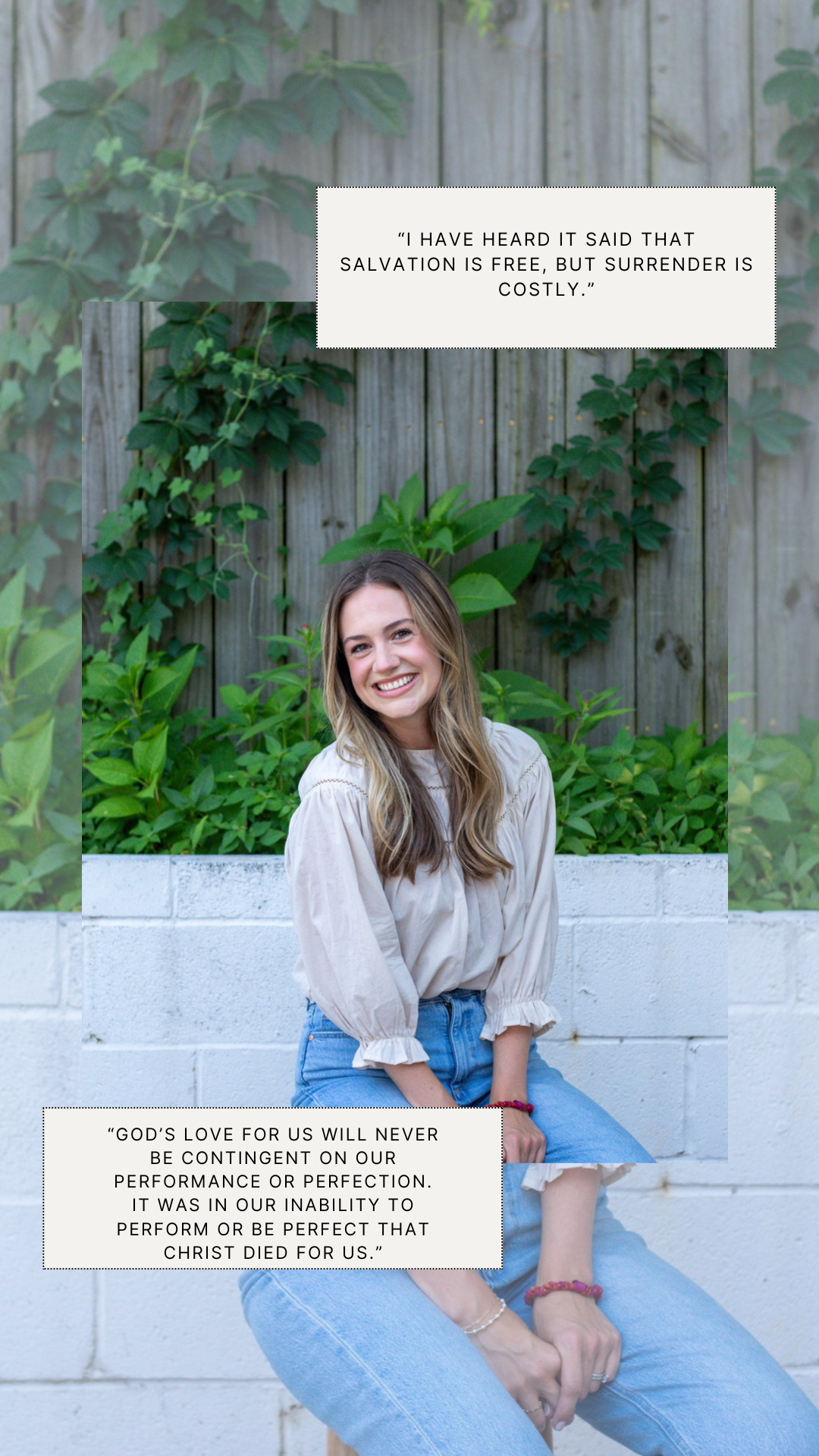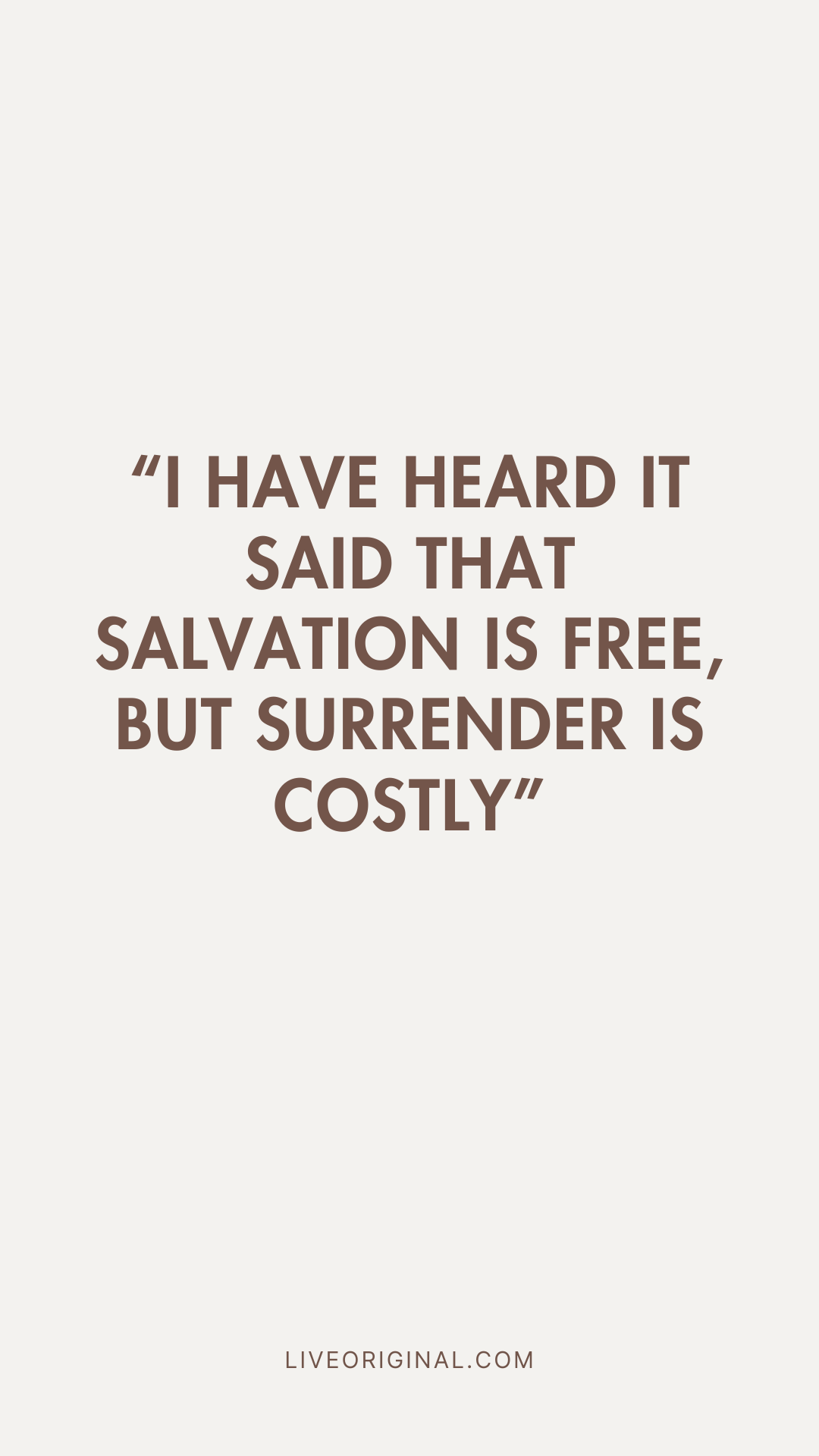One of my favorite pool games growing up was the penny game. Basically, we would bring a handful of pennies to the pool, throw them in, and race to see how many pennies we could find. Whoever found the most pennies won the game.
Competitive by nature, I wanted to win probably more than I cared to admit. There was one problem: my stubborn self refused to wear goggles, giving my sister an obvious advantage over me. As much as I desired to win and find all the pennies, without the proper eyewear, I would just drift around picking up any blurry speck I could find.
Without the proper equipment for the game, my vision would always be impaired, impacting my ability to see clearly and participate well.
But the penny game isn’t the only area of life where seeing well matters. In our spiritual lives, we need a clear view of God to start to let Him into our lives to love us, care for us, and redeem us as His daughters. And a clear view of God starts with knowing more about who he is and what He’s like.
- W. Tozer clearly explains these qualities, or attributes of God as things about God that are not only true, but also ones that we can know because He has revealed them to us:
“What is God like? What kind of God is He? How may we expect Him to act toward us and toward all created things? Such questions are not merely academic. They touch the far-in reaches of the human spirit, and their answers affect life and character and destiny.”
Today, I’d love to look at God’s love together.
The word love is often one that we neglect and misuse. I don’t know about you, but I’ve actually had my heart broken by people who said they really loved me. In a sense, love has been dragged through the mud at times in my life. My guess is that in one way or another, you can relate. That is why it is absolutely crucial that we understand what it means when we say God is the root and the essence of the true version of love.
One of the greatest metaphors in all of Scripture for the Father’s love is found in Luke 15. In short, a father has two sons. One son demands his inheritance. He runs away, uses it, and squanders everything he’s been given. Ashamed and downcast, he musters up enough courage to return home and try and convince his dad to at least let him back into the home, even if as a servant. Let’s pick up at the moment of his return:
But while he was still a long way off, his father saw him and felt compassion, and ran and embraced him and kissed him. And the son said to him, “Father, I have sinned against heaven and before you, I am no longer worthy to be called your son.” But the father said to his servants, “Bring quickly the best robe, and put it on him, and put a ring on his hand, and shoes on his feet. And bring the fattened calf and kill it, and let us eat and celebrate. For this my son was dead, and is alive again; he was lost, and is found.” And they began to celebrate. (Luke 15:20–24)
So many people read this and focus only on the prodigal son. But this story is about so much more. A major theme in it is the father and how he demonstrates God’s love.
The father would have been wearing a long, heavy robe with multiple layers. Not only that, but it was seen as disgraceful for a man of status to run like we see in this parable. But this father wasn’t just any father. He was one who had abundant grace and love toward those who were his own. He deeply desired his son to return, even if the son didn’t believe his father wanted him to. This is love.
Let’s look at the end of the story when his older brother finds out the younger brother has returned.
“He was angry and refused to go in. His father came out and entreated him, but he answered his father, “Look, these many years I have served you, and I never disobeyed your command, yet you never gave me a young goat, that I might celebrate with my friends. But when this son of yours came, who has devoured your property with prostitutes, you killed the fattened calf for him!” And he said to him, “Son, you are always with me, and all that is mine is yours. It was fitting to celebrate and be glad, for this your brother was dead, and is alive; he was lost, and is found.” (Luke 15:28–32)
What does this show us about God the Father’s love?
God’s love is not contingent on what we do or don’t do. For the son who returned home full of shame and regret, everything the father had was his. For the son who never departed from him, everything the father had was also his. This is the Father’s love—filled with reckless abandon for those He calls His own.
After my dad died at 15 years old to liver cancer, there was a shame that haunted me. At fifteen, I had no idea how to watch someone I love die or how to even be around him. I found myself being completely emotionally shut off toward him out of a place of deep sadness and fear of losing him. On top of all that, because I wasn’t able to make it to him in time before he went into a coma, I never got to tell him how much I loved him and that he was a good dad.
With him gone, the daunting reality that I would never get to tell him these truths caused pain in the deepest parts of my being. To the point where I didn’t know if I would be able to live the rest of my life knowing that I had blown it in his last days. The enemy attacked me hard with this lie and I lived every day in despair and regret.
About a month went by as I walked in this specific pain. One morning around that time, I woke up and found myself physically unable to get out of bed. The grief was attacking every part of my body and I had no strength to go on another day. My mom allowed me to stay home that day from school and I quickly drifted back to sleep. I woke up around noon, figured I should try and get up and eat something, and stumbled to the door. I opened the door, looked down, and saw a letter sealed with an envelope with my name on it. I immediately recognized the handwriting—my dad’s. Unknown to me that he even wrote me a letter, I was met with nerves, excitement, and fear. What will he say? Will he be disappointed in me as a daughter over how I handled the months leading up to his death? I made my way downstairs and slowly opened the letter and braced myself for whatever it might say.
The letter read: “Morgan, if you are reading this, I have died and am now in Heaven with God.” What followed shook me to my core:
I want you to know that I know how much you truly loved me.
Did I read that right? I read it again. And again. And again. Did he really just say that he knew how much I loved him? What I was expecting was for him to say that he loved me. But he knew I already knew that. What he somehow knew was what I would truly struggle with: the fear of him not knowing my love for him. In that moment, chains broke. God freed me from the one lie that I would have believed for the rest of my life.
A lie that could have broken me.
A lie that could have made me take my life.
A lie that would have held me back from freedom.
That day, just like the prodigal son and the older brother, I learned that God’s love for us will never be contingent on our performance or perfection. It was in our inability to perform or be perfect that Christ died for us.
I have heard it said that salvation is free, but surrender is costly. Will you surrender even the darkest places to the Father who is eager to pour out His goodness, immanence, and love onto you as His beloved?
All you have to do is allow the Father to love you and respond with loving Him back. When we learn to be loved, everything else will follow.
As I think back to that nostalgic summertime pool game, I like to think of those pennies as attributes of God. All around us, clear for us to see, and ready for discovering if we have the proper equipment. But instead of goggles, God pours out His Word, His Spirit, and His Son—all helping us to see the truth that He is full of love, He pours out His love, and He is love.
Morgan Krueger is a Jesus follower, wife, mother, and author who found her voice connecting with women seeking freedom from the brokenness of past shame. Her first book, Goodbye Hiding, Hello Freedom: Trading Your Shame for Redemption in Jesus, is out now. In her downtime, you can find Morgan enjoying the significance of the mundane, including spending time with her two sons, encouraging women through words and watching British baking shows with her husband, Ryan, in Franklin, TN. You can connect with her on Instagram @morganwkrueger and at morgankrueger.com.



















0 Comments